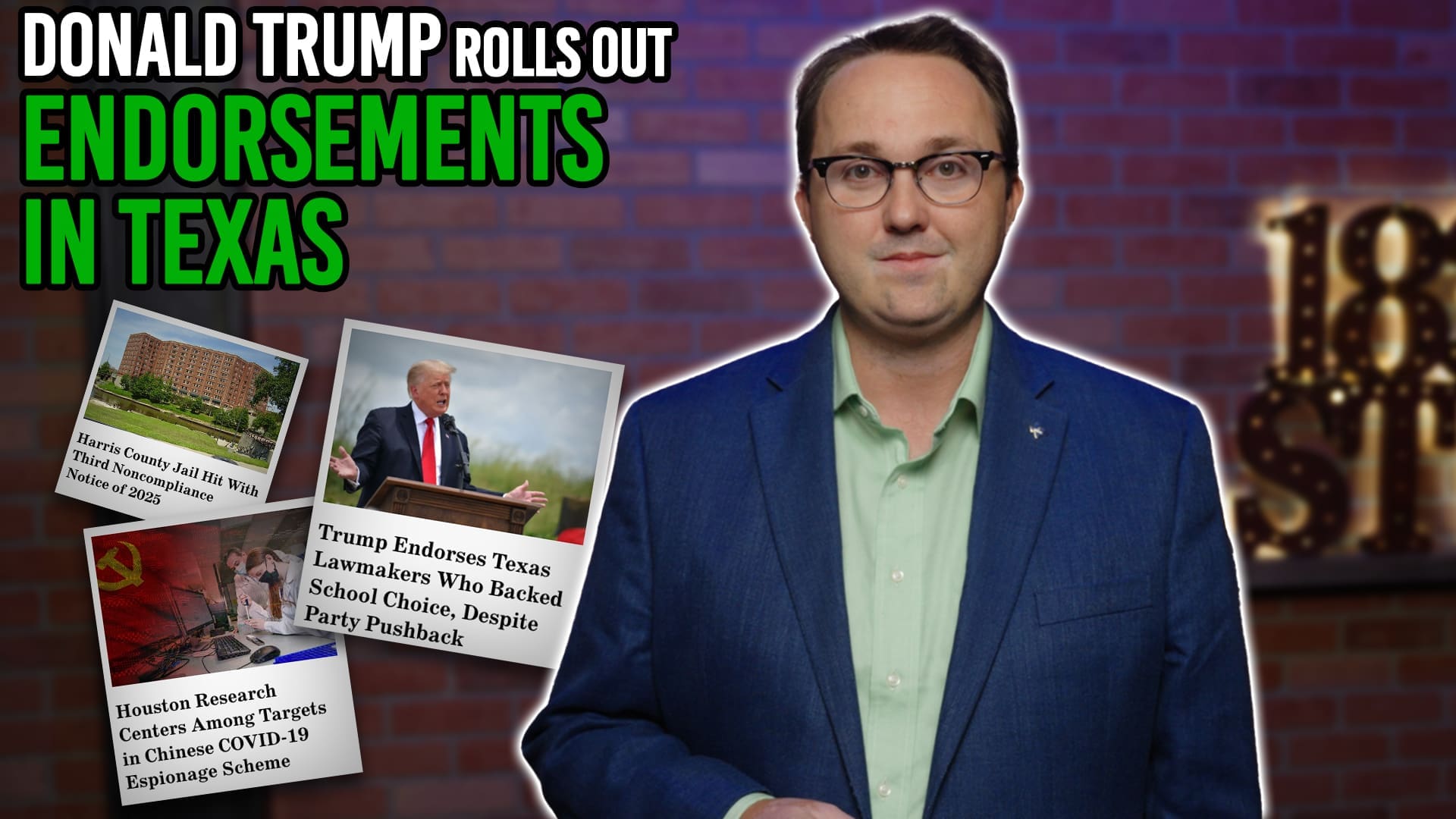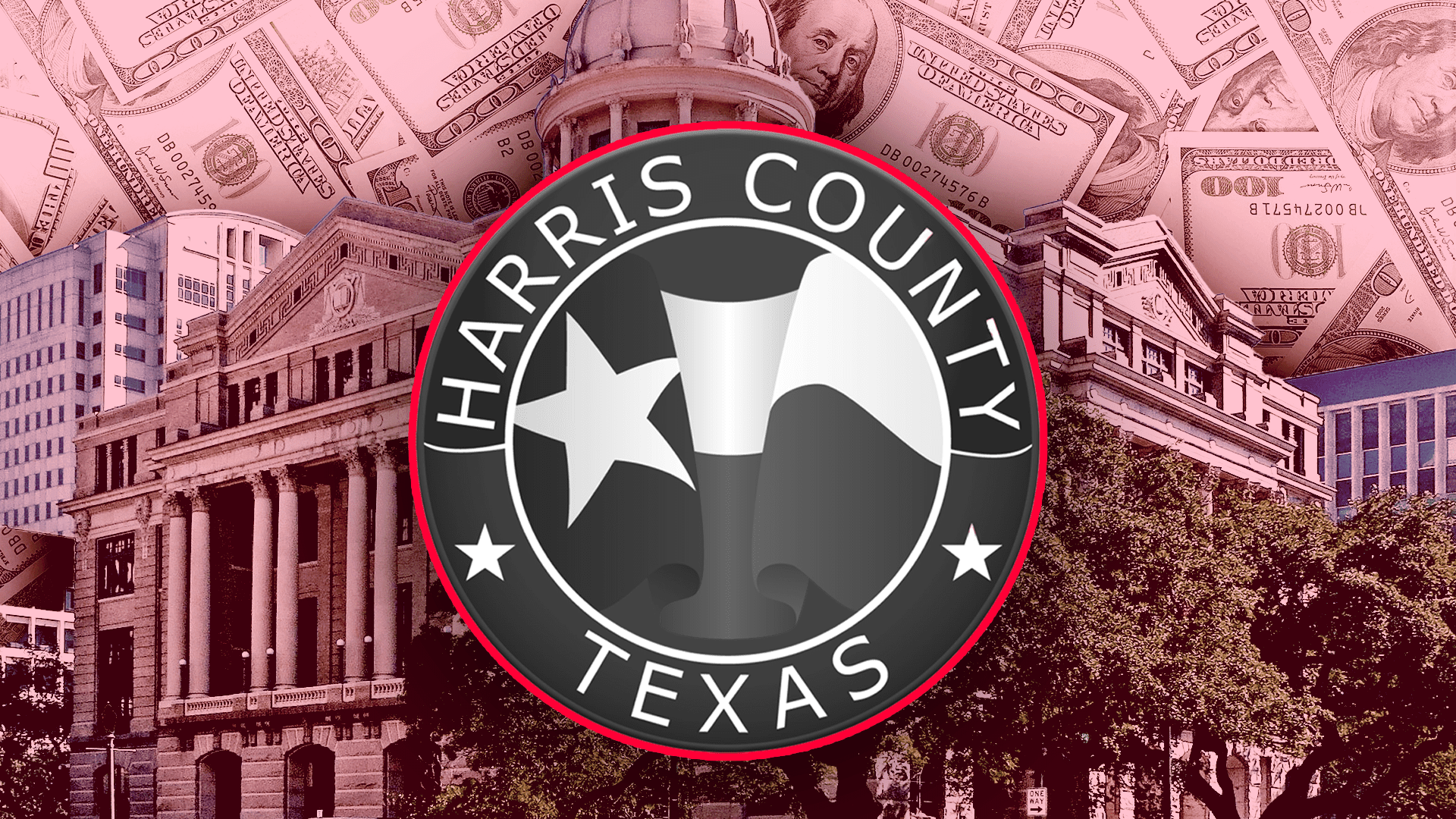In a time when we should encourage charitable giving, Houston’s Feeding Ordinance does exactly the opposite. In classic political-doublespeak fashion, the adversely named ordinance increases the level of government dependency and actively punishes those trying to help their fellow citizens.
The ordinance prohibits feeding five or more homeless Houstonians on private property without the owner’s consent, and on public property without an approved application from the city. The latter struck a chord with many upon its passage, and has bred conflict between residents and officials. Several city council members are now questioning both its purpose and effect on the community.
After filling out a comprehensive application, a person intending to give out food on public property must print out a map of the park they wish to distribute the food in, mark the desired feeding location, and send in the map with the rest of the completed package. Once the application is submitted, the city parks director has the authority to decide what public space can be used to feed the homeless, and issues permits accordingly.
City administration said the ordinance aims to curb trespassing and littering, both of which were already prohibited in the municipal code prior to the passing of the ordinance.
Instead of strengthening and enforcing laws already on the books, Mayor Parker’s administration has chosen instead to expand government by making charity a licensed, regulated activity.
Council Member Kubosh, who two years ago organized a petition drive to repeal the ordinance (which ultimately failed), is a major vocal opponent of hindering charitable giving. Echoing the sentiment of most Houstonians to a Houston paper, Kubosh asked, “Why criminalize the giver?” That is effectively what the ordinance does: criminalize churches, charitable groups, and any individual(s) looking to give without submitting, in advance, an exhaustive application package to the city.
Without the aid of individuals and organizations, Houston’s near 7,000-member homeless population would be forced to rely solely on city services for food assistance through the food banks and shelters throughout the area. Even though some of these facilities are difficult to get to without transportation, they are regularly filled to capacity.
Although it was passed in 2012, the ordinance is resurfacing as a hot-button issue after Houston’s Charter Review Committee mentioned it as a possible reform item.
At a recent meeting, Former City Attorney David Feldman told the committee that the item couldn’t be placed on the ballot for charter amendment, but council members could try to call a vote for it to be repealed.
Currently, only the mayor can decide what is placed on the agenda, and what items can be placed on the ballot. Since Mayor Parker touts this ordinance as a success under her administration, it doesn’t seem likely that she’ll leave it up to voters to decide.
Houston’s ordinance should serve as a glaring reminder to Texans that the utopian notion of “public” property doesn’t actually mean public ownership—it’s property owned and operated by the government and subject to the rules, regulations, and decrees of its politicians and bureaucrats.




